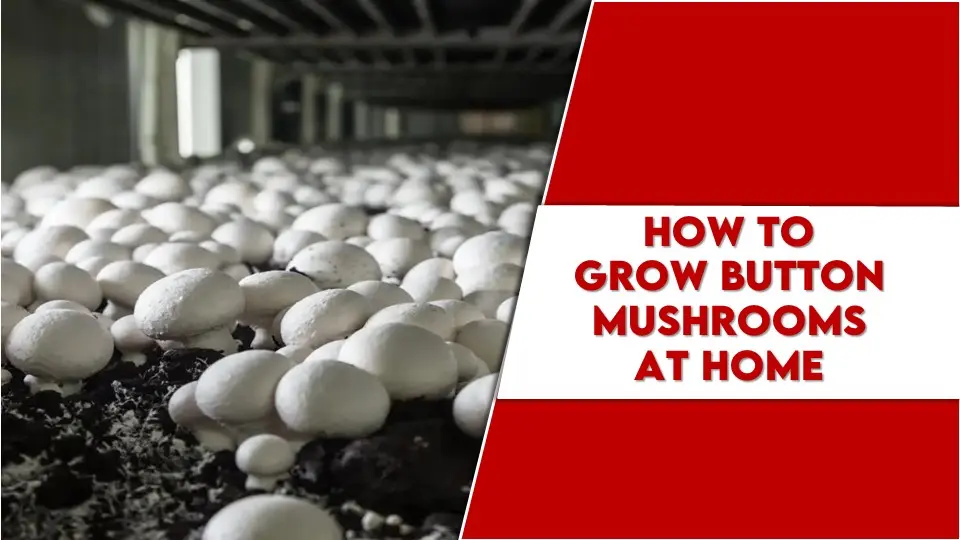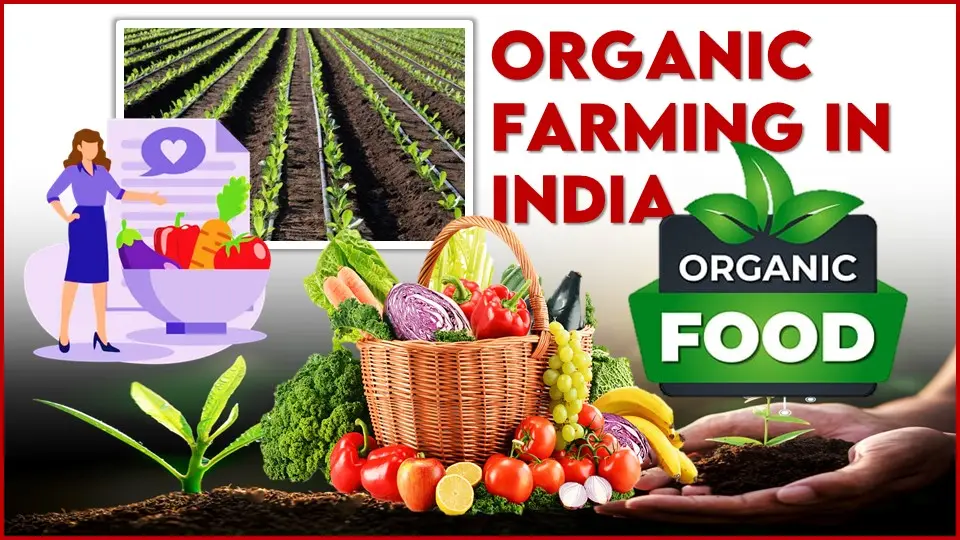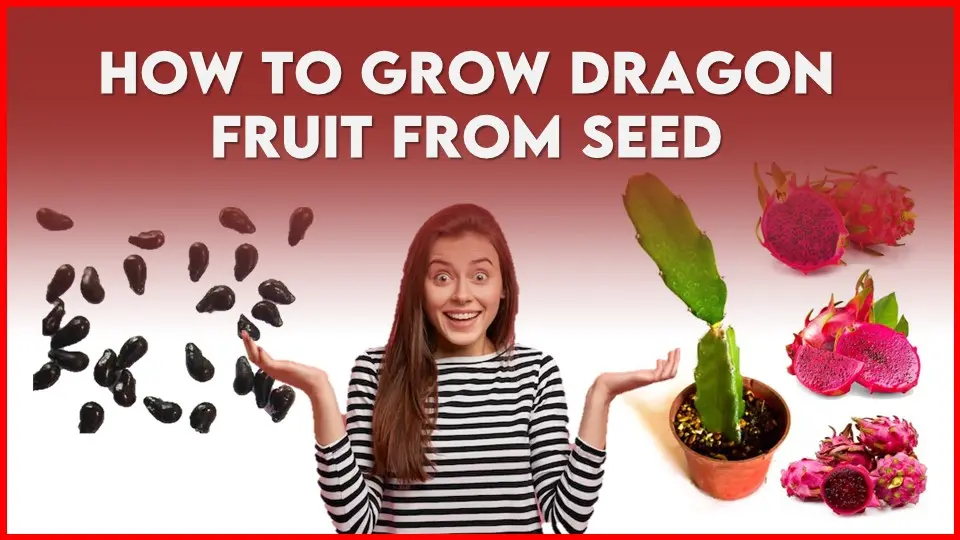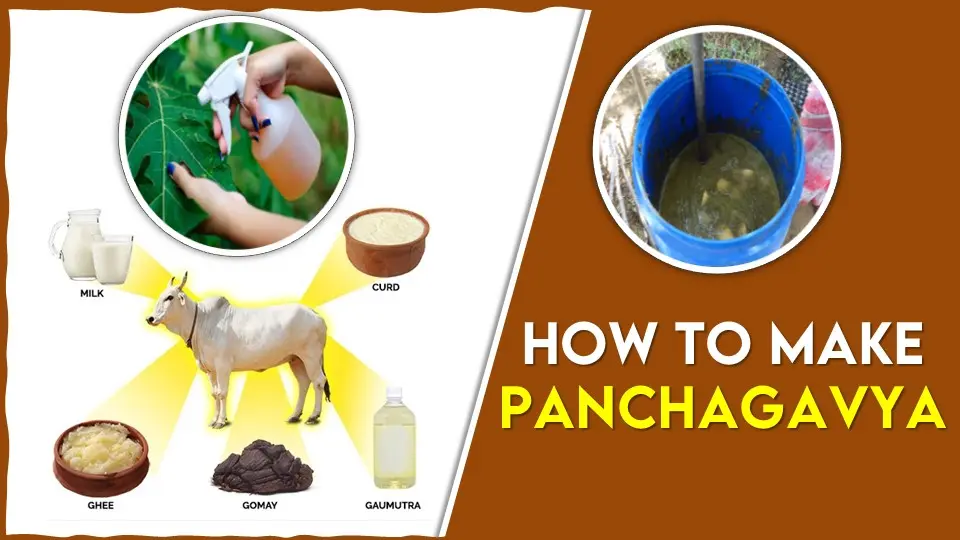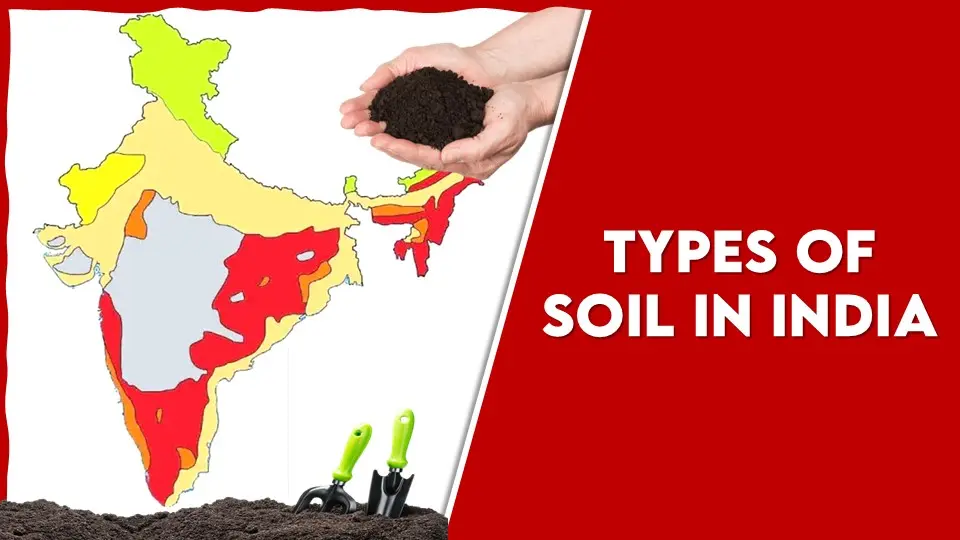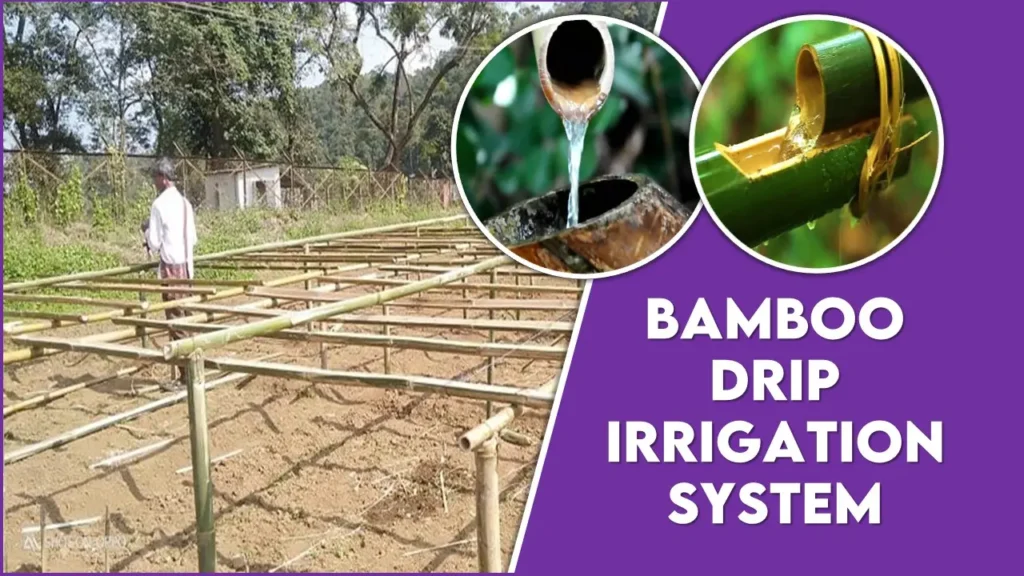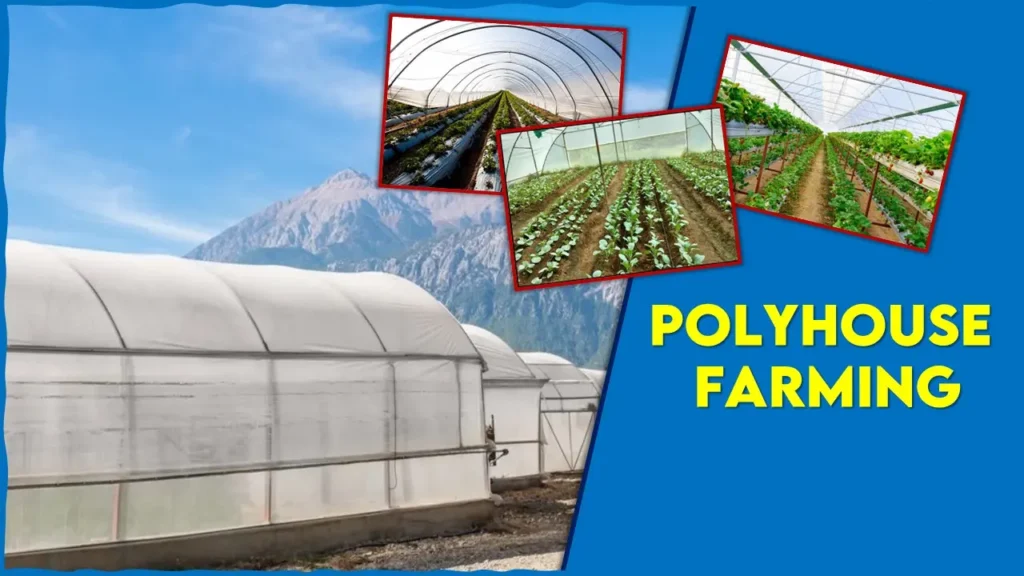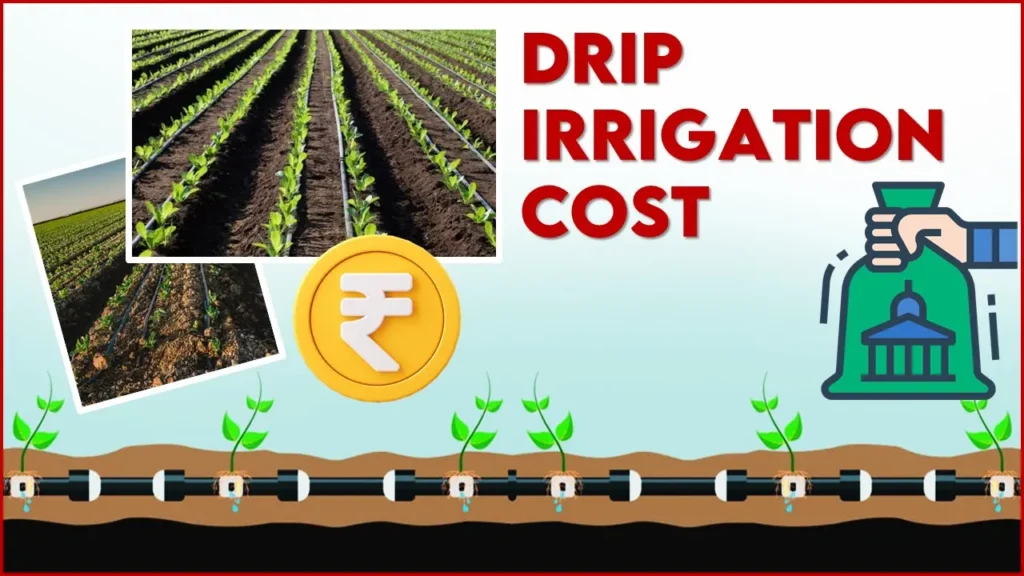Many farmers and businessmen are still assessing that- Is Aloe vera farming profitable in India? And the answer is Yes, Aloe vera farming is indeed one of the most profitable farming worldwide. In this article we have explained about aloe vera farming, Aloe vera farming profit. A good quality aloe is no doubt going to be a profitable aloe vera business in India.
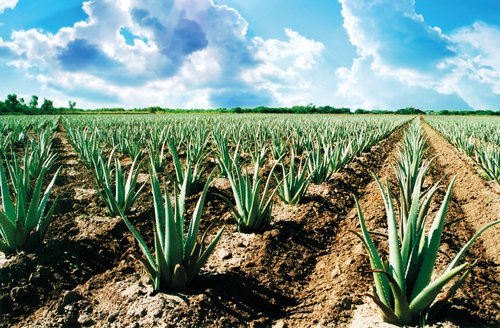
Read More:
- What is Black Wheat? Exploring Its Incredible Benefits
- Earn up to 3 lakhs in 3 months through Tulsi Farming
How aloe vera farming is profitable | Is Aloe vera farming profitable?
As a lot of companies are now entering the aloe drink, beauty, and cosmetics business so there is huge demand for aloe-vera leaves.
There is a huge increase seen in the consumption of aloe products in recent times. It is widely used for burns healing, digestive health improving, perfect for skin care etc.
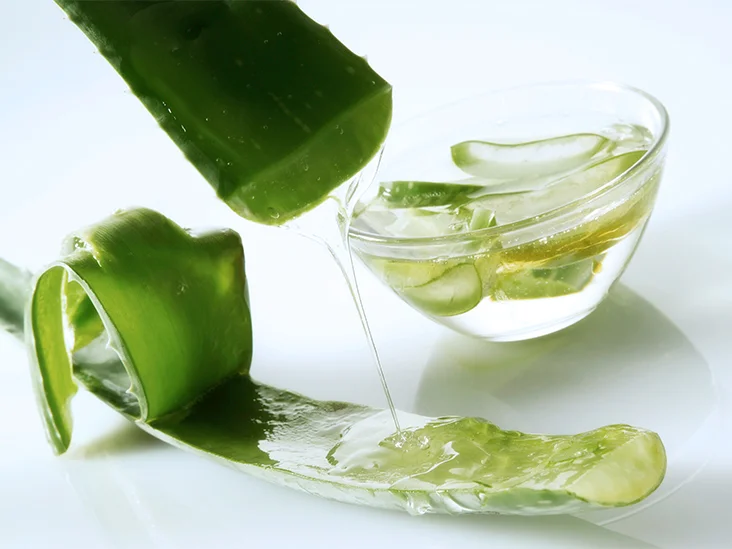
Besides the existing original products, it is also very easy to put a fake aloe product in the market. A 2016 Bloomberg investigation found that there was no presence of aloe in many of the aloe-vera products.

So how are these real aloe-vera products made?
So let us take the example of the world’s largest aloe farm, which is in El Pocito, Dominican Republic. Universal Aloe’s farm covers 5,000 acres in the Dominican Republic.
There are a variety of types of aloe plants, but this farm is full of Aloe barbadensis Miller as it contains 20 amino acids as well as Carbohydrates, Vitamins, Minerals, hormones, Bio-active substances.

First, the leaves are cut and then moved to the processing plants. Every day they get 260,000 pounds of fresh leaves there in the plant by the workers. And after that those all are converted into 20,000 gallons of fresh juice for the export purpose.
The process begins with the washing and then disinfecting of the leaves. The leaves are washed in chlorinated salt water to remove all the insects from the field that may be hanging around. Then the gel is removed manually from the leaves. And the remaining leaf bits go back to the field for composting.
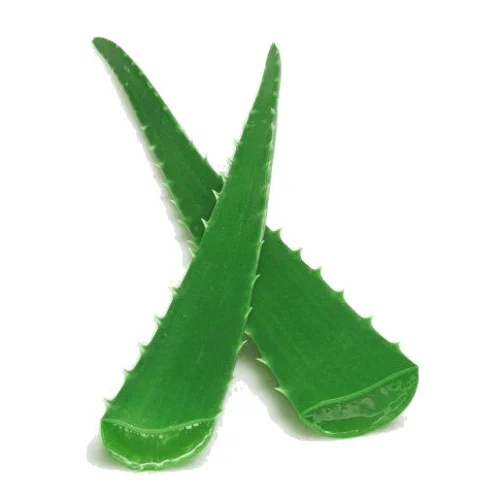
Now, the fillets are put into the shredder where they get grinded into pure aloe gel. From there they are passed into pasteurization tube, here any type of impurities and bacteria that could have been in juice are removed.
Also Read
- What is precision farming and what are its advantages?
- Hoovu Fresh: New Floral Start-up with 8 Cr turnover
At this time Ascorbic acid is added to increase the shelf-life. Then it is tested in labs and after it packed into bottles. But not all aloe products are made like this, and they are not real so first, we should check before buying.

Points which should be kept in mind before starting aloe vera farming business-
There are some of the disadvantages also which should be kept in mind before starting aloe vera farm business-
- The availability of planting material of good quality- The aloe vera farming profit per acre in India and good production totally depend on the good planting material.
- Processing- If we are going to market the products, then the buyers only demand to buy the aloe pulp not the entire plant so we have to do minimal processing too, which requires lot of additional labor and space.
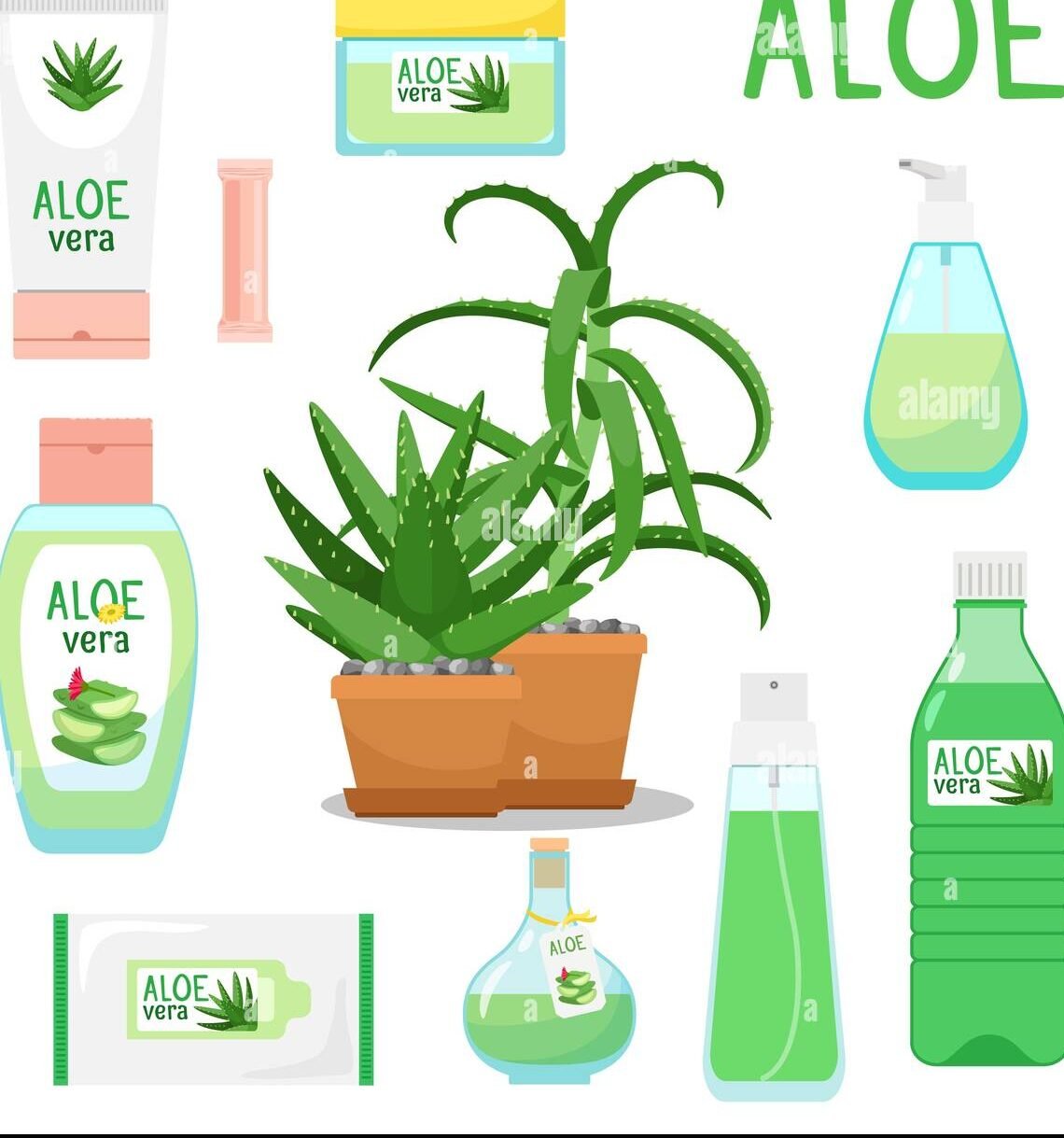
- Marketing- It is difficult to find an assured buyer. Aloe marketing is not like other food crops marketing.
Read More:
- Rise Hydroponics: Booming Agri-tech Startup Earning Millions
- No. 1 Carbon Credit Market: Legendary Kuldeep Singh Cheema
Aloe Vera Cultivation Profit
On average, when we start aloe vera farming in India in one hectare of land of non-irrigated crop it may give aloe vera yield per acre – 15-20 tons of aloe-vera leaves and irrigated crop can yield up to 30-35 tons of aloe vera leaves.
Aloe- vera farming is not only restricted to the growing of aloe-vera leaves, one can also set up processing plants and extract aloe juice and market it too.
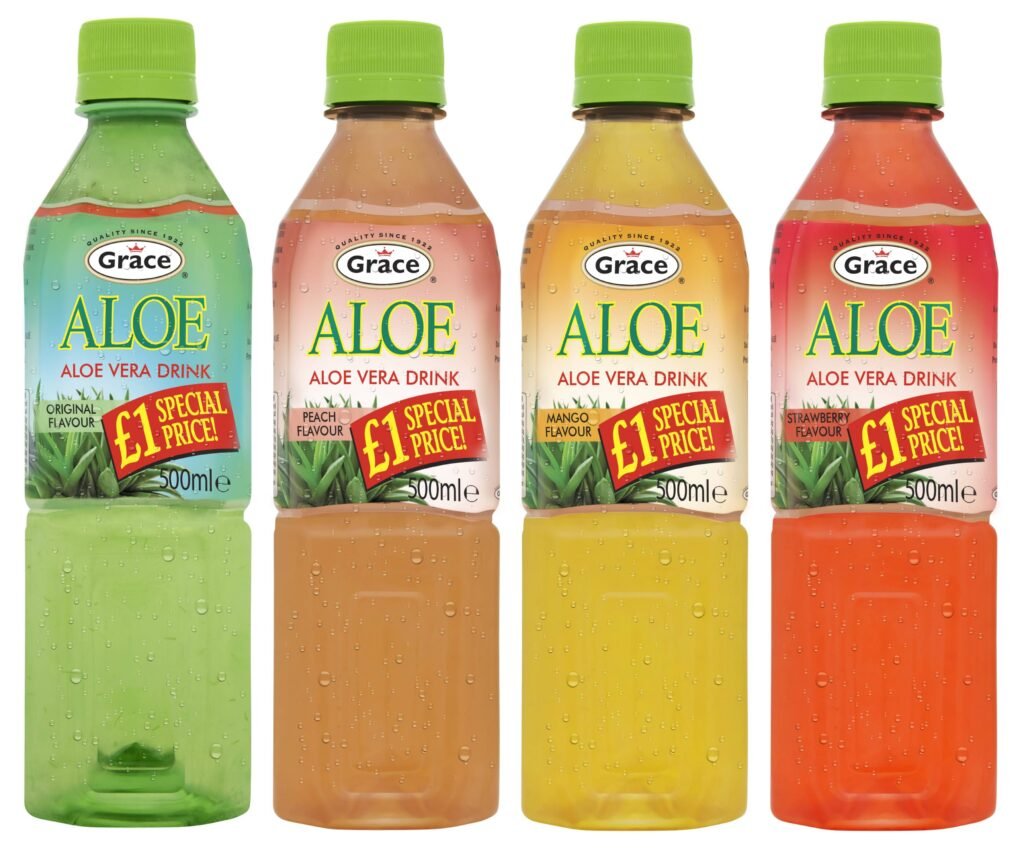
Latest Post…
- How to Grow Button Mushrooms at Home: Uplift Your Health and Income
- Organic Farming in India: Principle, Advantages, Scope and Companies
- How to Grow Dragon Fruit from Seed effectively: A unique farming setup
- How To Make Panchagavya: A Complete Guide
- Types of Soil in India: The Fabulous 8 Basic Types
- How to Grow Cinnamon Plant
- Bamboo Drip Irrigation System in India : a unique Setup
- Polyhouse Farming: Advantages, Cost, Subsidy and Suitable Crops
- Drip Irrigation Cost per Acre: Best Guide of Cost, Subsidy and Installation



